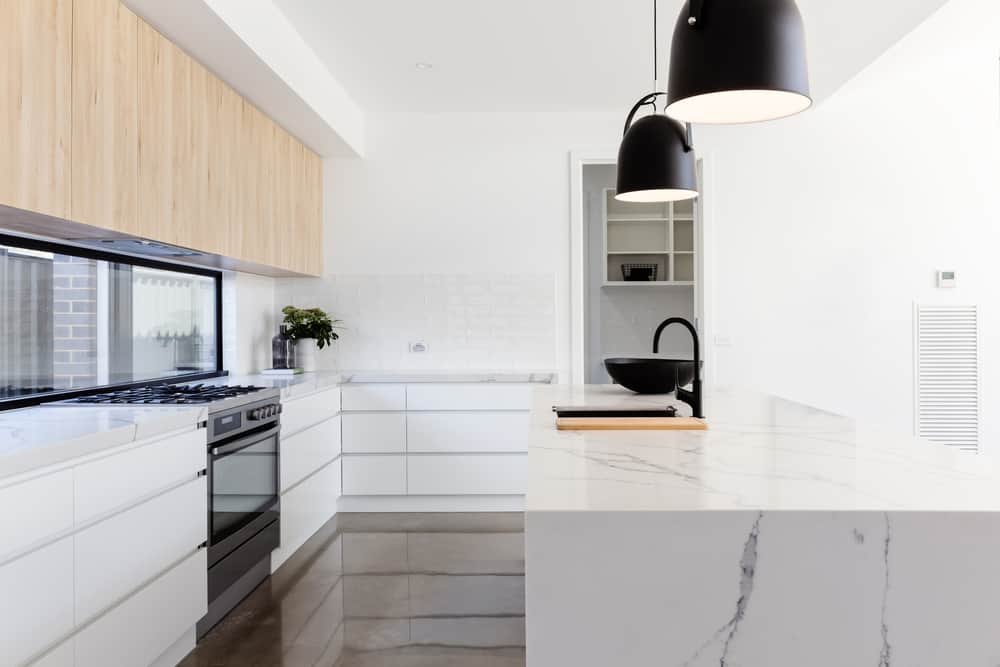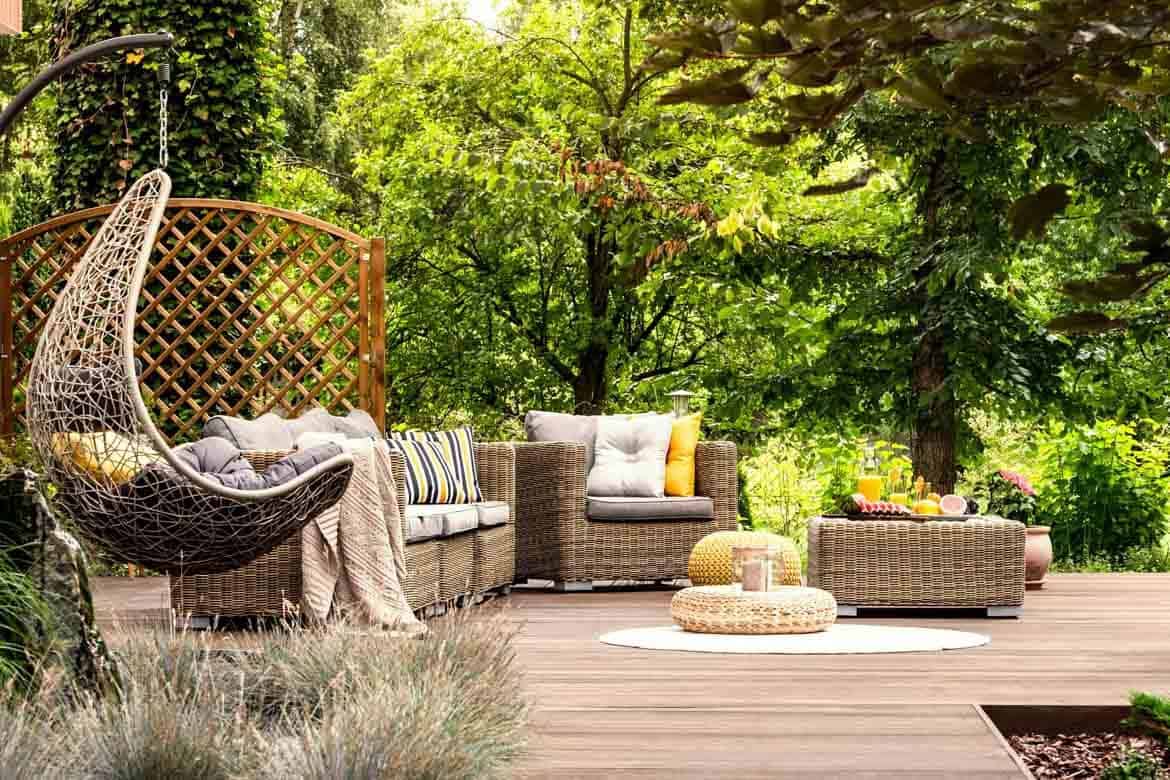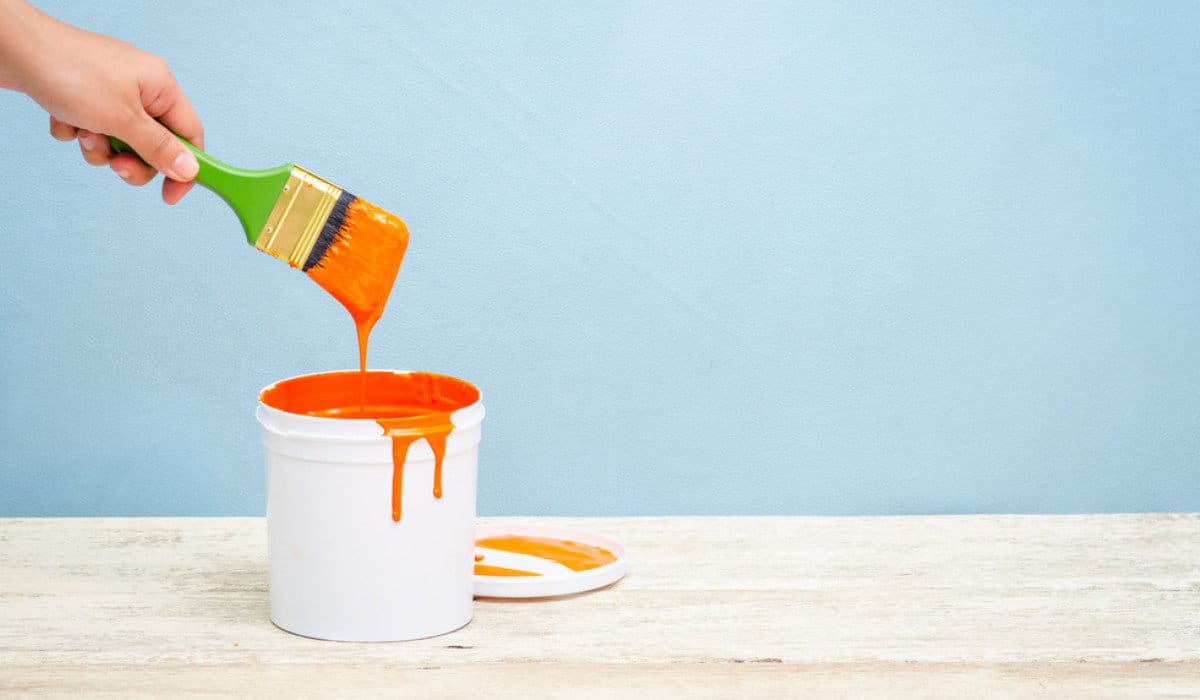
Cooking is a fun and creative activity, but it can also get quite messy. Tiny splashes of food get on the walls, especially on the areas near the stove and the sink. These areas are called the splashbacks. Back in the day, they were solely used for utilitarian purposes. Now, they play a defining part in your kitchen decor.
Splashbacks are made from a wide variety of materials. Indeed, there are several kinds of kitchen splashbacks Perth-based homeowners can use for their kitchens. This extensive variety can make it difficult for people to choose, specifically between two popular materials: tile and glass. If you’re having a hard time making a decision, keep in mind that each material has its own pros and cons. Consider the following factors:
Design and Flexibility
In terms of design, tiles come in more shapes, textures, and designs compared to glass. Usually, glass often only comes in flat colours and consistent smooth texture. Thus, tiles are ideal for homeowners interested in DIY and flexing their creativity in mixing and matching different tile colours and styles.
However, if you are to consider overall design, the two are on par with each other. Don’t think that glass’ simplicity makes it plain. On the contrary, it can have a striking look that emits both class and chicness if matched well with the rest of the kitchen.
Size
In terms of size, tiles can give you more options. While you can also cut glass to fit your splashback’s designated area, it is more difficult to work with than tile. In fact, there are certain types of glass that are specifically made to be tougher to break or cut.
Tiles, on the other hand, come in a variety of sizes. You can easily group them to fit any space and even shape them to match irregular edges.
Kitchen Style
Glass splashbacks emit an air of sophistication and contemporariness that would look superb in a modern kitchen. With the right colour and fit, they can become a kitchen feature in their own right.
Conversely, tiles are the chosen material if you’re going for a classic look. While their variety allows them to look good in any kind of kitchen, they work wonderfully well in vintage and traditional kitchen styles.
Maintenance
The key drawback with tiles is that they are hard to maintain. The grout between the tiles become hubs for bacteria and mould, making them darker over time. This means that you have to clean them once in a while or re-grout entirely. Meanwhile, if you choose a glass splashback, you only need a glass cleaner and a handy towel to wipe away splashes and dirt.
Affordability
A lot of people prefer tiles over glass for their low price point. Depending on your kitchen size and desired dimensions, glass can be significantly more expensive. After all, glass requires extra care in manufacturing and delivery. On the other hand, tiles are accessible virtually anywhere, whether in-store or online. You even have the option of reusing old tiles to save money and reduce consumption of new materials.
If you’re still finding it difficult to choose between the two, you don’t have to stick with one material. You can mix the two if you like and assign sections specifically for glass or tiles. Overall, remember to take your specific needs into account—such as budget, time, and usage—when picking a quality Splashback. By boosting both functionality and design, the right splashback will help tie together your dream kitchen.




